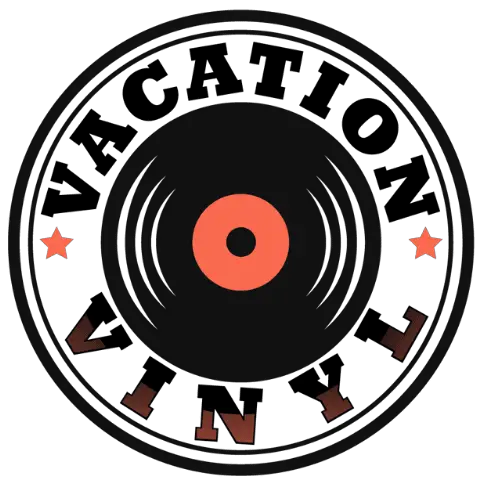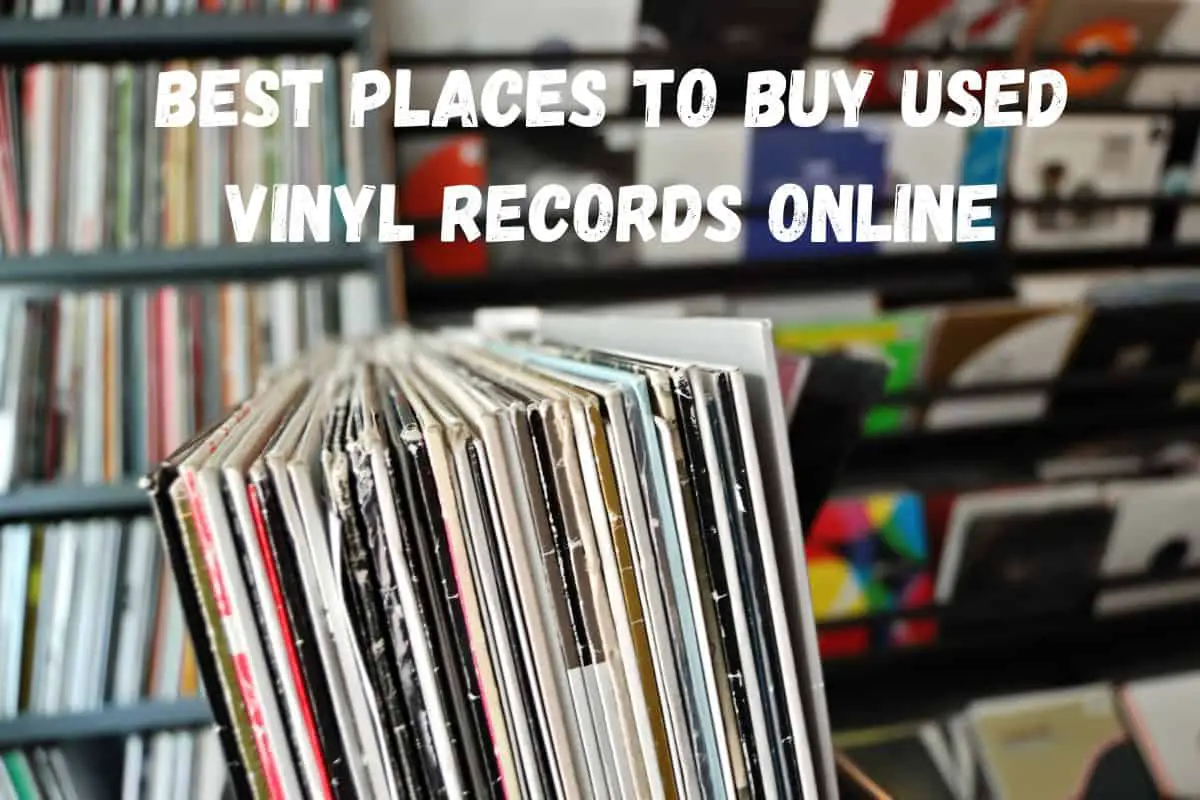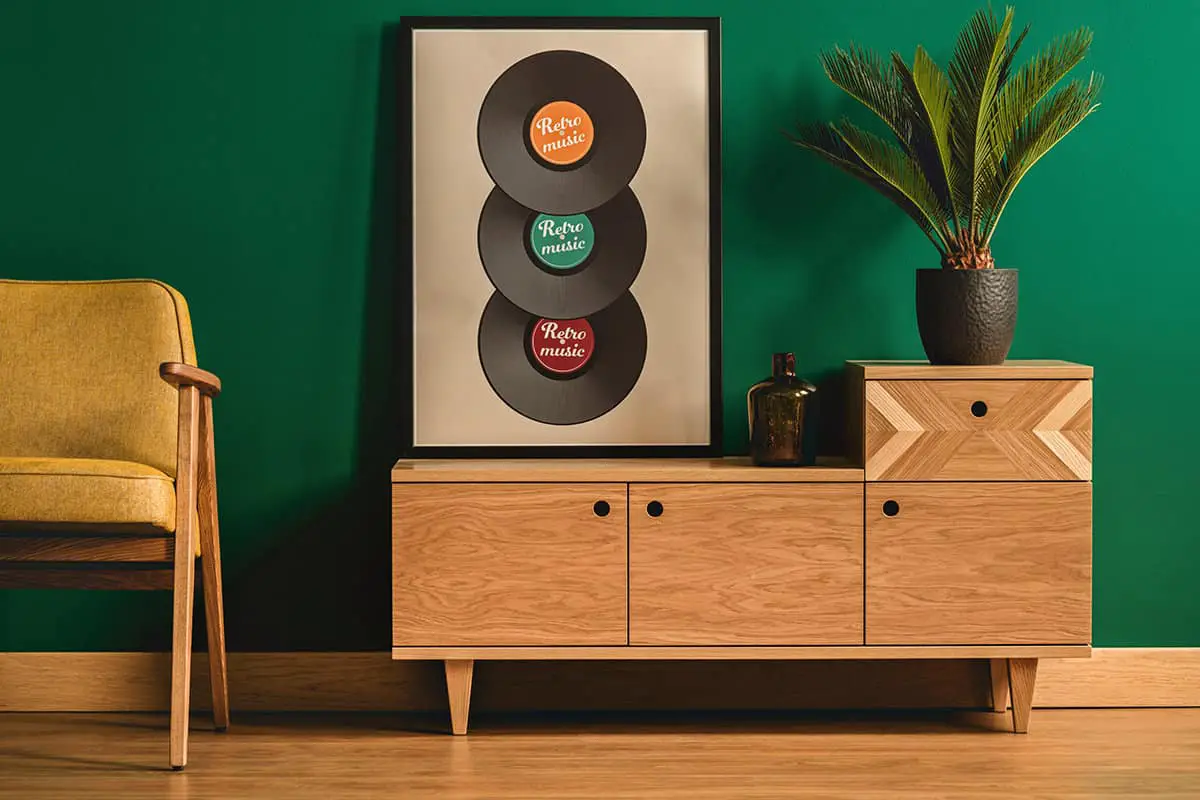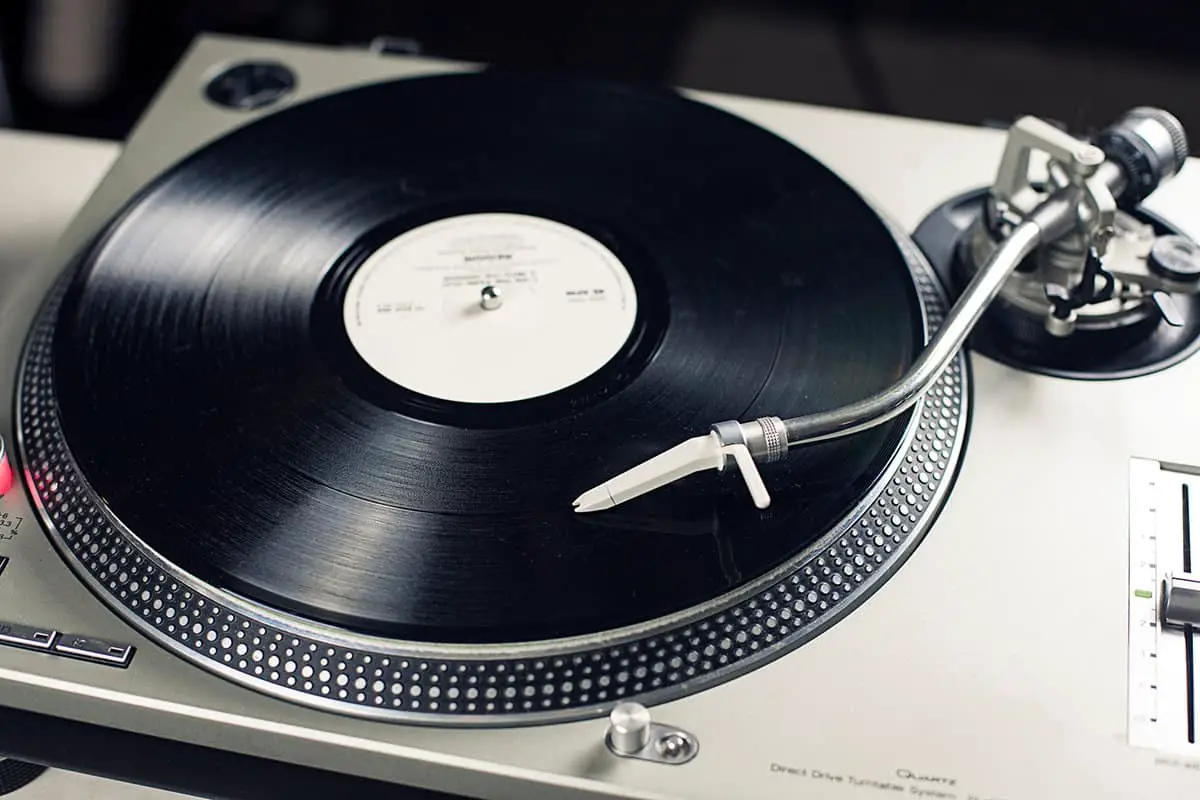This post contains affiliate links.
I was sitting with my friend in the living room of my apartment listening to vinyl 33’s, and then I heard it in the middle of one of my favorite tracks – the dreaded pop. It led me to wonder what causes the pop sound that can sometimes happen with vinyl records.
Vinyl records will make a popping noise for three reasons I call the 3-D’s: Dirt, Debris, and Damage. Dirt and debris are similar, but I think of debris as a more severe particulate residue, dirt, and debris repairable. Damage is irreparable in most cases.
If you’ve had a record start popping, there might be something you can do. However, the first thing you need to do is to diagnose the pop – what caused it. I’ll walk you through how to diagnose and fix the pop in many cases quickly. I’ll also explain the alternative when you can’t repair the issue. Let’s get this spinning on the table, shall we?
Table of Contents
Why Records Pop – The 3-D’s Explained
Dirt, debris, and damage are the three ‘D’s’ that are the typical culprits of the classic record pop sound. However, the sound can also be generated by wiring shorts, which I’ll explain after; the three D’s are the most common culprits, so we’ll get them sorted out first.
Dirt
I suppose I could have said Dust instead of dirt, but you get the idea. The concept here is that any dry foreign material may get lodged into the grooves of your record. The material will need to be small enough to enter the grooves, and the most common culprit of this is dust.
Dirt may also include food (if you drop crumbs on a record or other such foolishness). The concept is again that it is foreign material. I classify anything dry into this category because as long as the record isn’t physically damaged, you have a hope of correcting the issue. The correction is often cheap and easy, often as simple as using a carbon brush and taking decent care of your records.
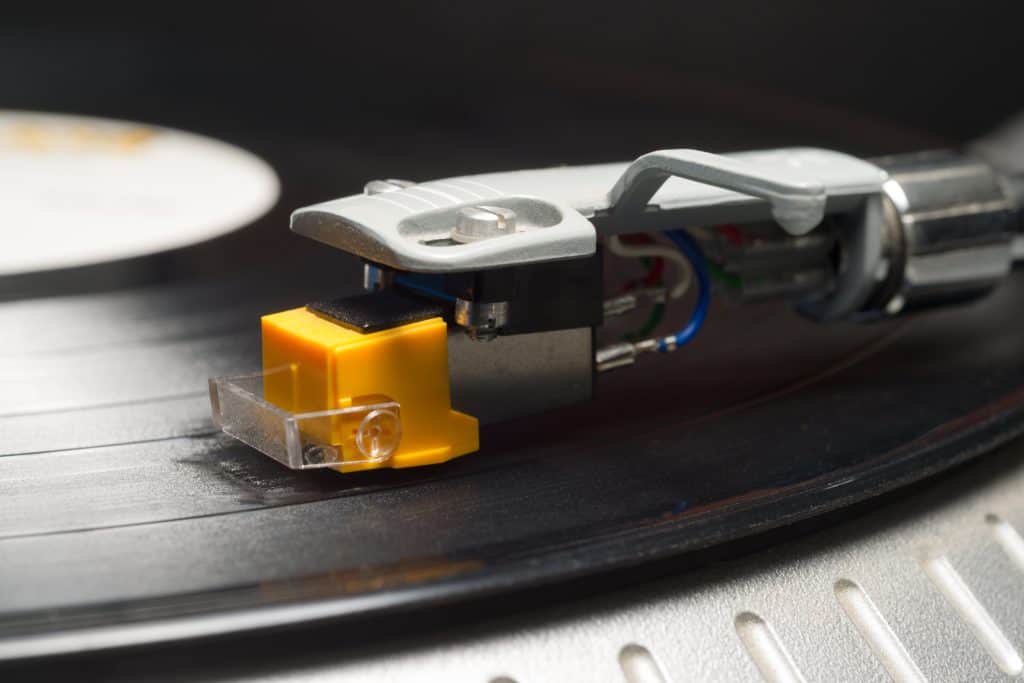
Prevention Tip: Never leave a record on your record player unless you’re listening to it. Even a covered player will allow dust particles in the air to settle on the vinyl record. Always store your records in the sleeve they came in, and don’t forget them on your turntable.
Dirt and dust may not be on your record at all, either. The dirt might stick it to your needle and stylus. Sometimes dust will loosely collect on the needle as it scrapes its way along the record groove. Just like rolling sprinkles onto a fresh donut or rolling snowballs to make a snowman, the dust rolls and builds until the needle catches it and ‘drives’ over it, causing a momentary pop noise as the needle jumps over the dust ball.
Keeping a carbon brush and needle cleaner are great ways of avoiding pops by maintaining clean records and equipment. It’s always a wise choice in my experience.
Debris
When I’m talking about debris, I’m referring to the more difficult foreign objects and materials entering a groove in a record, causing a pop sound. More challenging foreign materials include things like oil from your fingers, liquid-like a sneeze over your record, or even spilling liquid nearby that can send tiny droplets flying onto your vinyl.
Aside from oils and liquids, debris may also include particles that have semi-merged into the vinyl either by chemical reaction or by the needle forcing micro-particulates hard into the soft vinyl surface. These particulates may even cause damage. Think little salt or sand-like particles that are extremely small but hard; much harder than the soft vinyl. The diamond or sapphire record needle is tough. It can act as a hammer of sorts to force tiny hard particles into the surface of the vinyl, causing microscopic damage (our third reason for the popping noise coming up next). (source)
Damage
The culprit, none of us, want making a pop noise playing our vinyl records is damage. Various reasons may cause damage, but the outcome is typically the same; the record is irreparable.
I hope it isn’t your favorite record that’s suddenly making popping noises, but if it is, there might be hope. Not that I want to get your hopes up if the record is physically damaged, but if it’s any of the other reasons, then you might be in luck. Let’s take a look at a couple of other causes before we write off your record. We should also look at proper diagnosis to determine once and for all why your record popped.
Other Possible Pop Causes
- Electrical shorts – Check your cables and ground. If the ground wire isn’t properly hooked up, static charge can build and cause audio interference that might sound like a popping noise as the electricity builds and discharges.
- Player damage – Damage to your stylus or needle might also cause popping or other audio interference. Check your needle and stylus with a high-power magnifying glass to see if you can observe any damage. Maybe you need a new cartridge, and that record you love is okay.
- Poor quality recordings – Sometimes, it’s just a poorly made record. GuildX700 from Steve Hoffman Music Forums says, “…some vinyl is just crap, I’ve got dead quiet ones and ones that pop and click even though they are clean.” (source)
How To Diagnose Why A Record Pops
Diagnosis of your turntable creating a popping noise during record playback is not difficult (if you have the right tools). Ideally, you will have a high-power magnifying glass, but even if you don’t, there are a few things that you can do. Try these steps that I found helped me figure out what the cause of the popping noise is.
- Check the connections. Record players are notorious for having issues with things like static electricity. If you’re using old wires like some old RCA cables you found in the garage, check the cabling. If there is a short or damaged cable, it can produce a crackle or popping sound during playback.
- Check your needle and stylus. If there is damage to the needle, then it could cause a popping sound. Also, there might be dust on the needle, so try using a needle brush or cleaning dabber to ensure your needle is clean and free of debris.
- Clean your record. The easiest fix to the most common issue that causes popping is to clean the record itself. The most common cause of audio interference being a dirty record. This popping noise happens a lot when records aren’t handled properly, and there are oily fingerprints on the vinyl surface.
Try using a good quality carbon brush and clean your record according to the directions provided with the brush. There are also unique cleaning solutions you can purchase to aid in removing oils and other contaminants that a carbon brush may not remove on a light pass over the record.
If your record is clean, the needle is clean, and the connections are all good, you likely have a damaged record. I’m sorry, but damaged records usually cannot be repaired.
How Do You Stop Vinyl Popping?
If you have proceeded through each of the three steps mentioned above to diagnose a popping noise, then you have likely determined that it is fixed, improved, or your record is damaged, and there’s no hope.
If you happen to run into the scenario where the record is suddenly worse, or if the record is mildly better, you will likely face a dirt and debris issue. Damage is not likely to worsen if you are using appropriate cleaning tools and agents designed solely for vinyl records.
The best thing you can do is keep your records stored in a case while leaving them in their sleeves. Don’t leave your records lying out and about. Try always to use a carbon brush on your record before playback to remove any dust before the needle drives it into the soft vinyl.
If you’re desperate and have some money to burn, you can pick up a legitimate record cleaning machine. The quality machines do a great job, but you pay for it. If you have a record collection that’s seemingly more important than life itself, you may want to pick up one of these machines and give your records the five-star cleaning treatment.
VacationVinyl.com is a participant in the Amazon Services LLC Associates Program, an affiliate advertising program designed to provide a means for sites to earn advertising fees by advertising and linking to Amazon.com. We also participate in other affiliate programs which compensate us for referring traffic.
